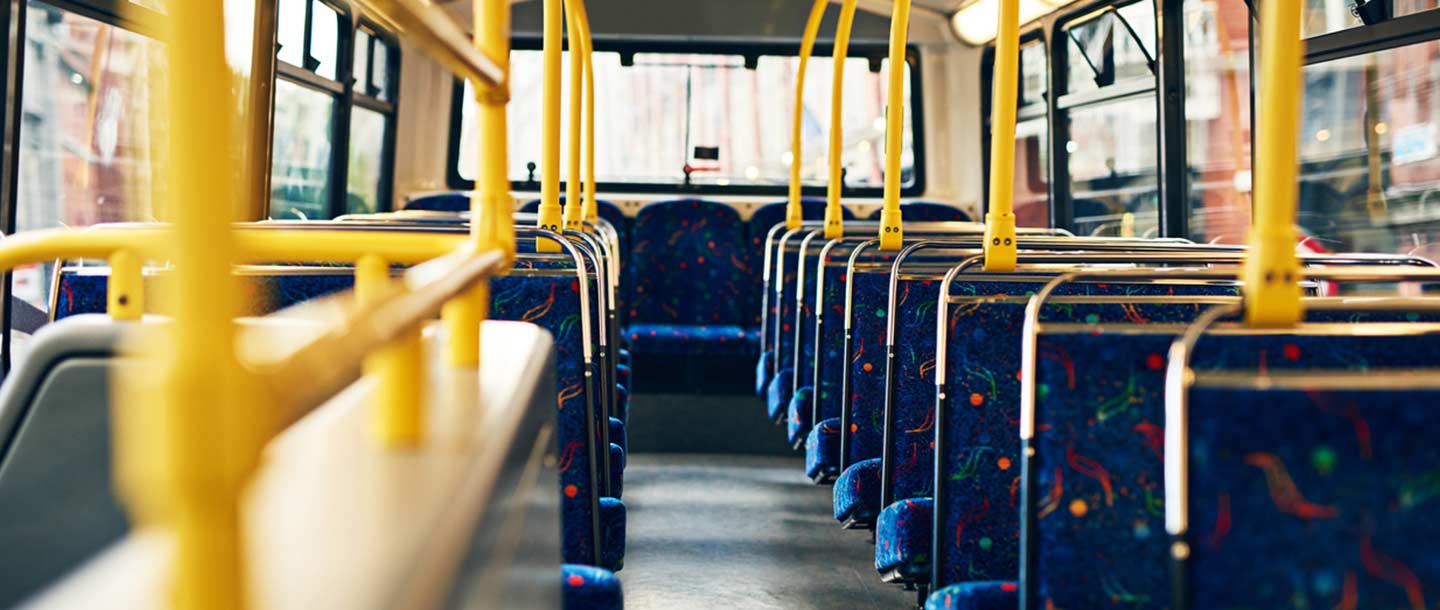The recent public transport strikes have made it difficult for some employees to continue to get to work.
For many, who regularly use public transport, and where working from another place is not possible, they have been forced to incur extra costs in getting to work, which the employer will sometimes reimburse. Below is a reminder of what expenses an employer can pay in this situation.
An employer can reimburse the employee for any additional costs they incur relating to a period when public transport has been disrupted due to industrial action and these costs can be exempt from tax under specific legislation.
Types of expenses which are non-taxable
Examples of these costs which are non-taxable include:
- the provision of overnight accommodation near the employee’s permanent workplace;
- payments to the employee for expenses of such accommodation;
- the provision of transport to the employee for ordinary commuting (including any journey that is substantially ordinary commuting); and
- payments to the employee for expenses of such transport.
Usually, payments for this type of expenditure are taxable, on the basis that they relate to employee’s cost for getting into work, which are usually classed as “ordinary commuting”.
Care, of course needs to be taken to potentially justify where the exemption is being claimed should there be any challenge in the future.
If you need any assistance with the tax implications of reimbursing employees, or expenses in general, please contact:
Lee Muter
Employment Taxes Partner
E: leemuter@unw.co.uk
T: 07810 852 362
Paul Tucker
Employment Taxes Senior Manager
E: paultucker@unw.co.uk
T: 07392 870 199
David Paul
Employment Taxes Senior Manager
E: davidpaul@unw.co.uk
T: 07793 325 690

